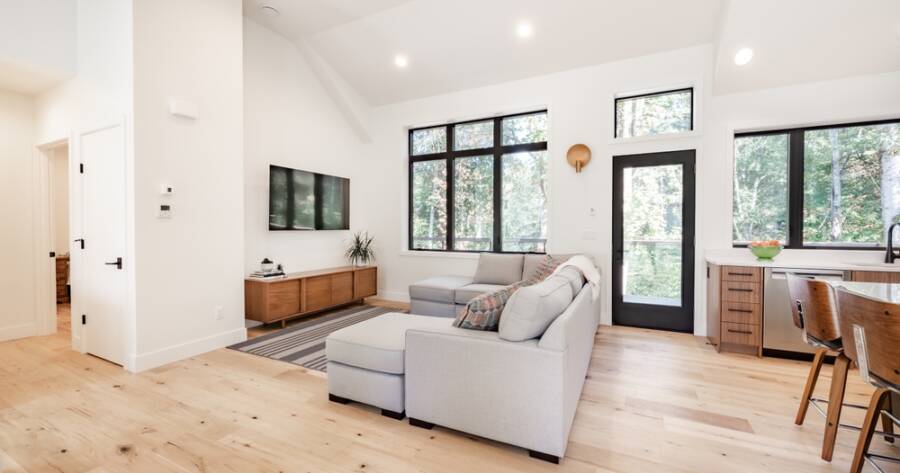In an increasingly complex world, many people are turning to minimalism as a means of simplifying their lives. This lifestyle choice involves reducing clutter, minimizing possessions, and focusing on what truly matters. While minimalism has been around for decades, its popularity has surged in recent years, potentially transforming how individuals approach both their personal spaces and mental well-being. By embracing a minimalist lifestyle, some find they can experience greater clarity, reduced stress, and an enhanced sense of freedom.
Understanding Minimalism
Minimalism involves more than just decluttering physical spaces; it can also be a philosophical approach to life. Practitioners often emphasize the importance of intention, encouraging individuals to focus on quality rather than quantity in possessions, relationships, and experiences.
While minimalism may seem stark to some, proponents argue that it can foster a deeper appreciation for the things we do choose to keep in our lives. It’s about keeping what adds genuine value and letting go of the rest.
The Psychological Impact of Minimalism
Some psychologists suggest that minimalism can offer potential mental health benefits. By reducing physical clutter, individuals might also alleviate mental clutter, creating space for relaxation and creativity.
There’s a possibility that living with less can lessen decision fatigue because owning fewer things requires less maintenance and fewer choices in daily life. However, the impact of minimalism on mental health can vary widely among individuals, depending on personal circumstances and how the lifestyle is adopted.
Minimalism and Financial Freedom
Many minimalists find that cutting back on possessions leads to decreased spending, which can enhance financial well-being over time. By reducing unnecessary purchases and focusing on what’s essential, individuals might have the opportunity to save more money or allocate funds toward meaningful experiences rather than material goods.
Through this process, some people report feeling more financially secure and less burdened by the need to constantly acquire new items. That being said, minimalism is not a guaranteed path to financial success but could serve as a tool for smarter financial management.
Environmental Benefits
Embracing minimalism may offer potential environmental benefits as well. With a focus on consuming less, minimalists are often more conscientious in their purchasing decisions, gravitating towards sustainable and ethically produced goods.
This reduction in consumption potentially leads to decreased waste and may result in a lower carbon footprint. As more individuals adopt minimalist practices, there could be a collective positive impact on the planet, though global effects remain contingent on widespread lifestyle changes.
Challenges and Misconceptions
Despite its appeal, minimalism is not without its challenges and misconceptions. Some people believe minimalism requires radical downsizing or can only be practiced by those with certain privileges. In reality, minimalism looks different for everyone and is adaptable to various lifestyles and economic situations.
It’s important to recognize that minimalism is not about deprivation but about making intentional choices. For those considering this lifestyle, it’s wise to personalize their approach and proceed at their own pace, considering both benefits and potential drawbacks.
Cultural Influence and Social Media
Social media has played a significant role in popularizing minimalism, with influencers and bloggers showcasing streamlined spaces and curated wardrobes. While this visibility can inspire some, it can also set unrealistic standards, potentially creating pressure to adhere to an aesthetic ideal rather than a personal journey. Individuals interested in minimalism should be mindful of these portrayals and focus on what feels right for their circumstances, rather than what is visually represented online.
Try Living With Less
The rise of minimalism reflects a growing desire to simplify in a complex world. By potentially offering benefits such as reduced stress, improved financial health, and environmental consciousness, minimalism continues to attract diverse followers.
However, it’s essential to approach this lifestyle thoughtfully, understanding that its impact can vary widely based on individual needs and contexts. Rather than following a prescribed path, adopting minimalism in a way that aligns with personal values can lead to a more meaningful and fulfilling life.

